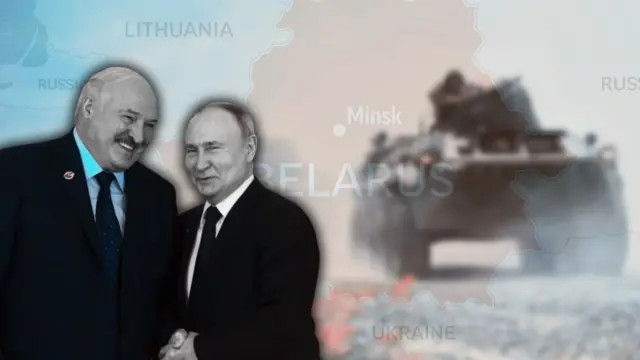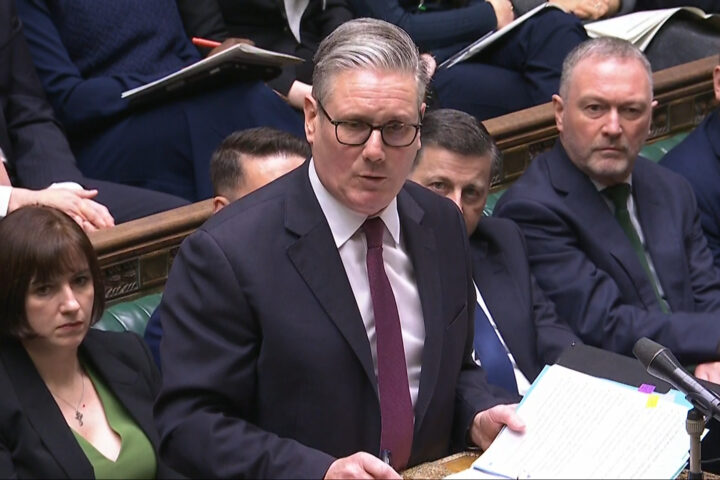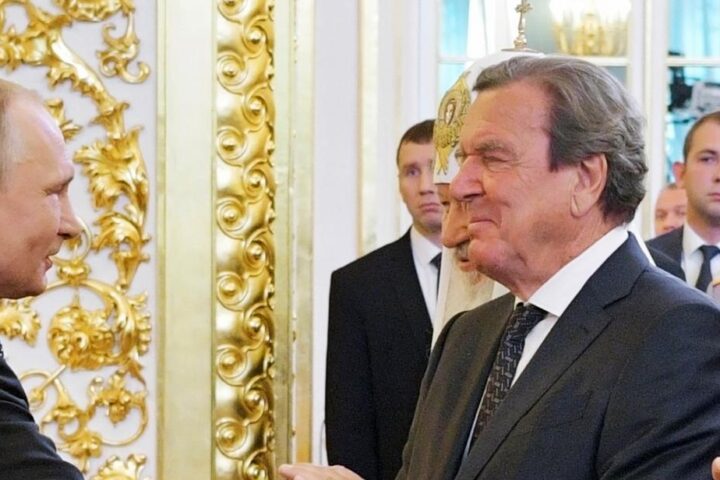Russia and Belarus began their long-anticipated joint military exercises “Zapad-2025” on September 12, a move that Western governments see as a direct challenge to NATO and the United States. The large-scale drills, scheduled to run until September 16, involve tens of thousands of troops across Belarusian and Russian territory, including areas close to the borders of Poland and Lithuania. According to Associated Press, the exercises simulate the use of nuclear weapons and the deployment of “Oreshnik” intermediate-range missiles, which Moscow plans to station in Belarus by the end of this year.
U.S. security strategy under pressure
For Washington, the drills highlight the deepening integration of Belarus into Russia’s military architecture. This expansion of Moscow’s strategic footprint raises the risk of shorter response times for NATO in the event of a nuclear strike. The development could force the United States to consider deploying more forces and assets in Poland, the Baltic states and Romania, adding pressure to the U.S. defense budget. The exercises also complicate President Donald Trump’s plans to scale down America’s military presence in Europe, underscoring the growing threat to U.S. allies and the stability of the continent’s security order.
Drone attack on Poland escalates tensions
The launch of Zapad-2025 came just days after Russia carried out a drone attack on Poland. Around 20 drones crossed into Polish airspace, several of which were intercepted by Polish air defenses with NATO support. Warsaw has described the incident as an act of aggression, prompting the alliance to invoke Article 4 of the North Atlantic Treaty, which requires consultations when a member perceives its security to be under threat. The episode revived memories of 2022, when Russian drills in Belarus preceded the invasion of Ukraine, fueling speculation about potential attacks on Poland or the Baltic states.
NATO allies strengthen defenses
In response, Poland has sealed its border with Belarus and mobilized 40,000 troops, while also calling up territorial defense units across six border provinces. Latvia and Lithuania have closed airspace near their borders, further underscoring regional alarm. Western officials warn that the drills heighten the risk of deliberate provocations designed to test NATO’s readiness, as well as accidental incidents that could spiral into open conflict.
Belarus signals limited concessions
Amid the mounting tensions, Washington has sought ways to reduce Belarus’s dependence on Moscow. The U.S. recently lifted sanctions on Belarusian airline Belavia, while President Alexander Lukashenko’s government released 52 political prisoners out of more than 1,000 still held. These steps are seen as attempts to keep open the possibility of pulling Minsk away from Russia’s orbit. Still, with Belarus hosting Russian nuclear-capable missile systems and participating in joint operations, NATO allies view the threat as immediate and structural.
Heightened risks for NATO’s eastern flank
Analysts note that Zapad-2025 dramatically increases the danger of escalation along NATO’s eastern frontier. The placement of Russian nuclear missiles in Belarus reduces NATO’s reaction time and magnifies the threat to Poland, the Baltic states and other central European members. The drills are also a stark reminder that Moscow’s aggressive strategy is aimed at projecting pressure on the West, undermining NATO unity and discouraging further support for Ukraine. For the United States, the exercises serve as a clear warning that its role as the alliance’s cornerstone is being tested at Europe’s most vulnerable edge.















